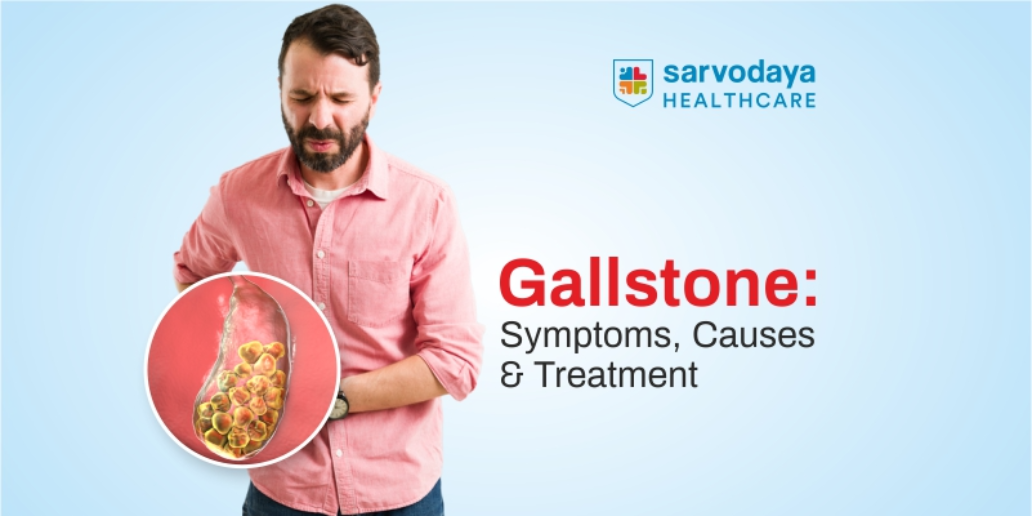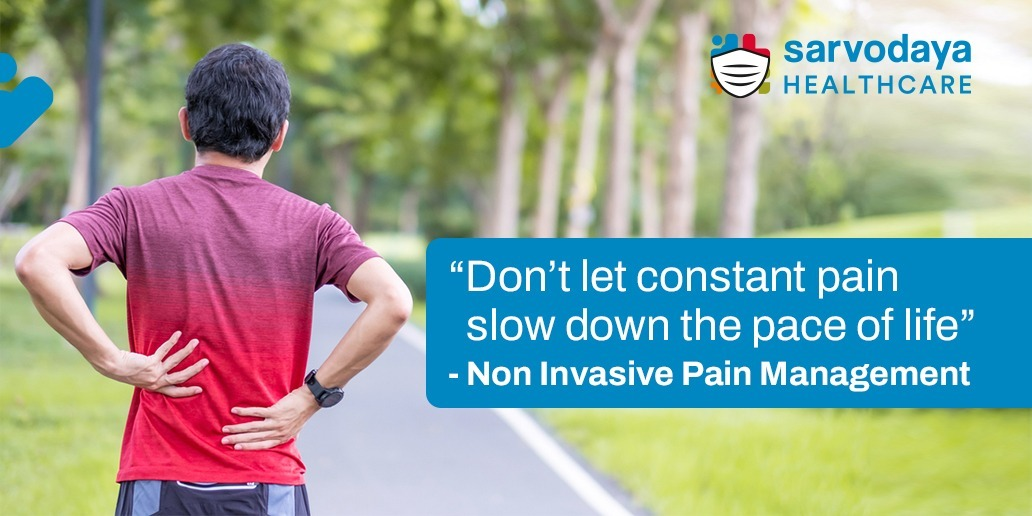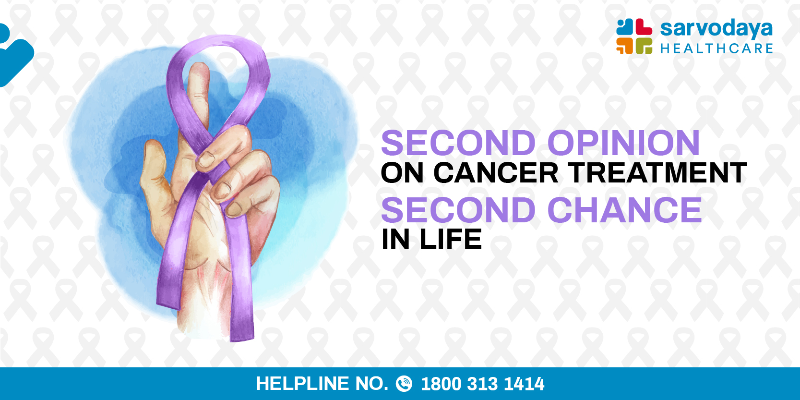A gallbladder is a small, pear-shaped organ on the right side of the abdomen, just beneath the liver. It holds digestive fluid known as bile that's released in the small intestine for breaking down fats into fatty acids.
Gallbladder stones are an accumulation of hardened deposits of digestive fluid in the gallbladder. Their size varies from as small as that of grain to that of a golf ball. Some people may have one, and others can have many stones at the same time. The only treatment for this is gallbladder removal.
Symptoms of gallstones
Symptoms due to gallstones may vary. A few patients may have no symptoms due to gall stones for weeks or months. Some patients may have mild symptoms such as abdominal discomfort after meals or heartburn. A few patients may have severe upper abdominal pain after consuming food or sometimes may develop complications such as jaundice or pancreatitis as result of slipped stones in the bile duct.
When is consultation required?
Immediate consultation is advised based on the intensity of symptoms such as:
- Severe upper abdominal pain after meal
- High fever accompanied by chills
- Jaundice
What leads to gallbladder disease?
According to doctors, gallstones are formed due to:
- Presence of excess cholesterol in bile.
- Presence of excess bilirubin.
- Improper drainage of the gallbladder. If the gallbladder doesn't empty properly, bile may become very concentrated, leading to the formation of gallbladder stones.
Risk factors contributing to gallbladder disease:
- Being over 40
- Females are more prone to it
- Overweight or obese
- Pregnancy
- Consumption of a high-fat, high-cholesterol diet
- Hereditary disorders
- Presence of diabetes
- Blood disorders like anaemia or leukaemia
- Abrupt loss in weight
- Consumption of medicines containing estrogen
- Liver disease
CLICK HERE TO BOOK APPOINTMENT
Risks involved with gallbladder disease
Complication can be:
- Swollen gallbladder
- Blocked common bile duct causing jaundice
- Blocked pancreatic duct
- Malignant gallbladder
Treatment for gallbladder disease
The treatment for gallstones depends upon the symptoms and diagnostic tests. The treatment options in the case of complications are:
- Cholecystectomy: Surgery to remove the gallbladder. Once removed, the bile is directly secreted into your intestine.
If you're looking for a facility for gallbladder treatment in Faridabad, then Sarvodaya Healthcare is the place to go for. Where it is removed through a minimally invasive surgery, which facilitates a shorter stay, faster recovery time, and less trauma.










